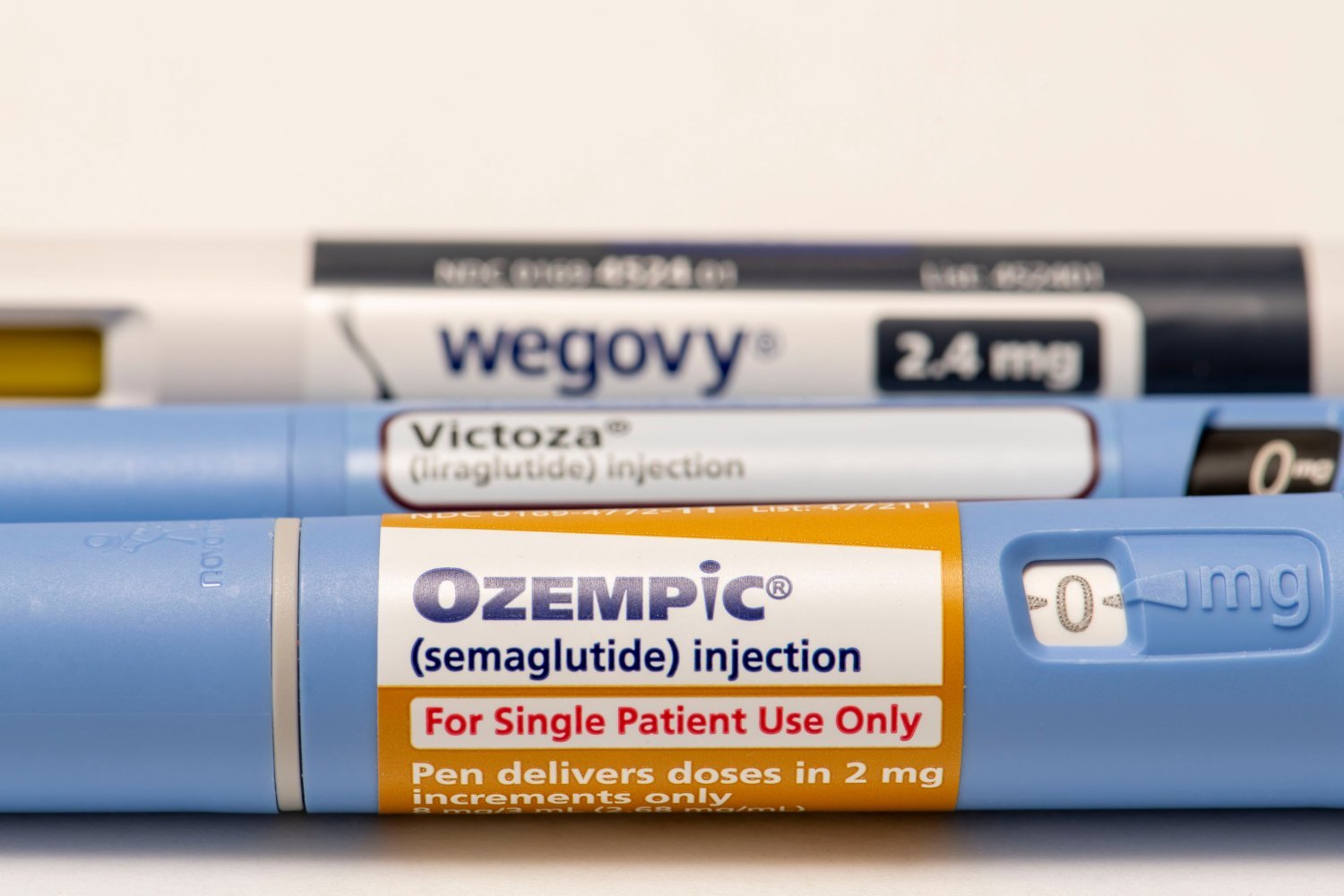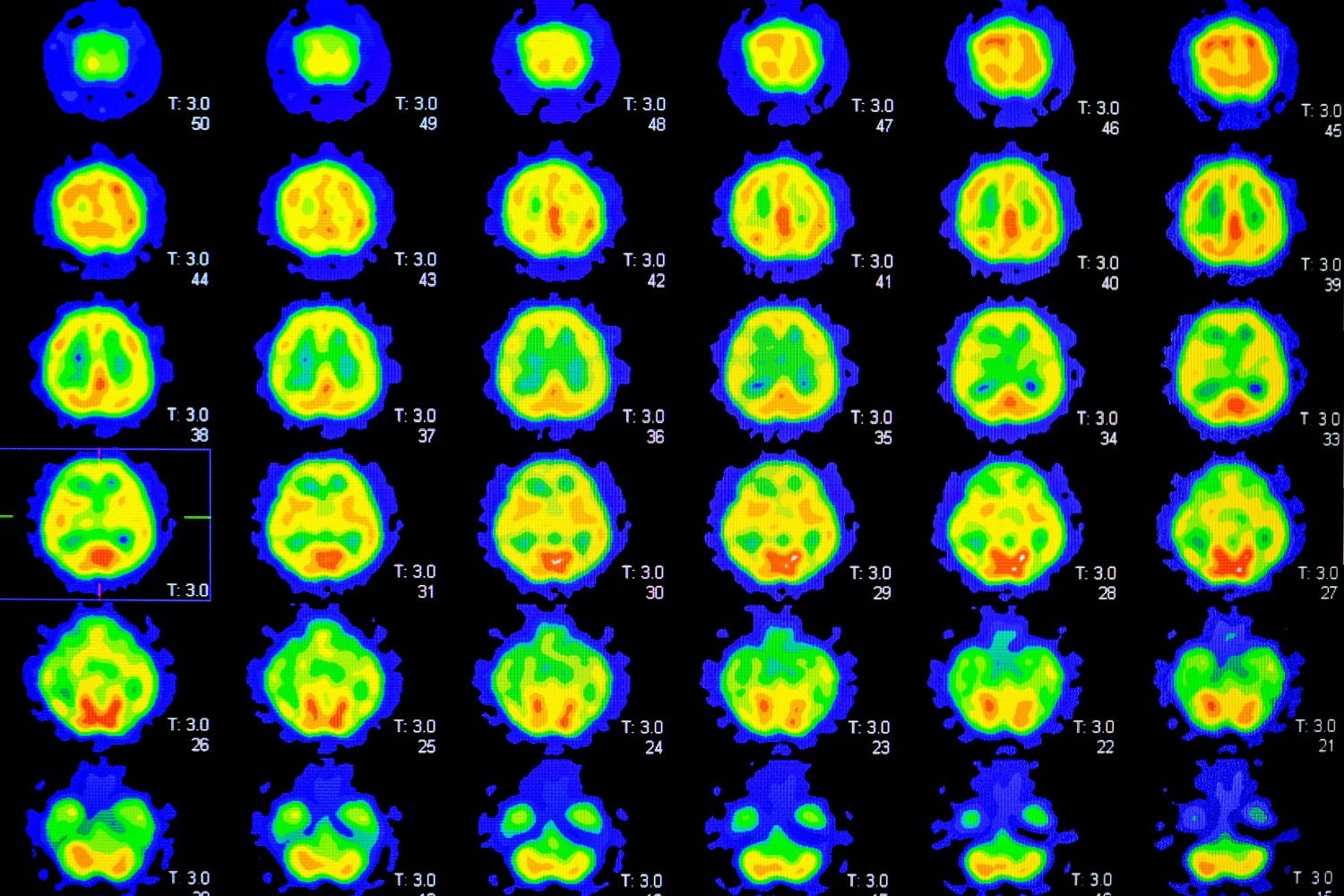Semaglutide, the active ingredient in Ozempic and Wegovy, may soon expand its therapeutic uses. A recent Phase III clinical trial demonstrates its effectiveness in treating metabolic dysfunction-associated steatohepatitis (MASH), a severe form of liver disease. This breakthrough could position semaglutide as a frontline treatment for this chronic condition.
MASH, the most severe form of metabolic dysfunction-associated steatotic liver disease (MASLD), is characterized by excessive fat accumulation in the liver, leading to inflammation and potentially cirrhosis (scarring). Previously known as nonalcoholic steatohepatitis (NASH), MASH affects up to 6.5% of American adults, while the broader MASLD condition impacts a quarter of the adult population. While often asymptomatic, MASH can increase the risk of serious complications like hepatocellular carcinoma (liver cancer) and liver failure.
Understanding MASLD and MASH
MASLD and MASH are often linked to obesity and diabetes. Approximately 75% of overweight individuals and 90% of those with severe obesity have MASLD. Furthermore, one-third to two-thirds of people with type 2 diabetes also have MASLD. This connection led researchers to investigate semaglutide, a GLP-1 receptor agonist already approved for obesity and diabetes, as a potential treatment for MASH.
The ESSENCE Trial: Semaglutide’s Impact on MASH
The ESSENCE trial, a Phase III study funded by Novo Nordisk, enrolled around 800 patients with MASH. Participants received either semaglutide (up to 2.4 milligrams) or a placebo for 72 weeks, along with lifestyle counseling.
Promising Results and Potential FDA Approval
The results were remarkable. Almost two-thirds of the semaglutide group experienced a resolution of steatohepatitis, double the rate of the placebo group. Semaglutide also led to greater improvement in liver fibrosis and significant weight loss (around 10% on average). Side effects were consistent with previous semaglutide trials, primarily gastrointestinal issues.
These findings, published in the New England Journal of Medicine, are expected to pave the way for FDA approval of semaglutide for MASH treatment. This would be a significant advancement, especially considering the recent approval of Rezdiffra, the first drug for MASH, which operates through a different mechanism.
Expanding Treatment Options and Future Directions
Rezdiffra targets a specific receptor to prevent liver fat buildup without causing weight loss. The potential availability of both semaglutide and Rezdiffra offers valuable treatment options, accommodating diverse patient needs and responses.
Other GLP-1 receptor agonists and drugs mimicking weight-related hormones are also being studied for MASH treatment. The continued success of these trials could revolutionize MASH treatment, similar to the impact these drugs have had on obesity.
Conclusion: A New Hope for MASH Patients
The ESSENCE trial results offer significant hope for individuals with MASH. Semaglutide’s potential to resolve steatohepatitis, improve liver fibrosis, and promote weight loss represents a major step forward in managing this serious condition. With ongoing research and the potential for FDA approval, semaglutide and similar drugs could transform the treatment landscape for MASH, providing much-needed relief and improved outcomes for patients worldwide.











